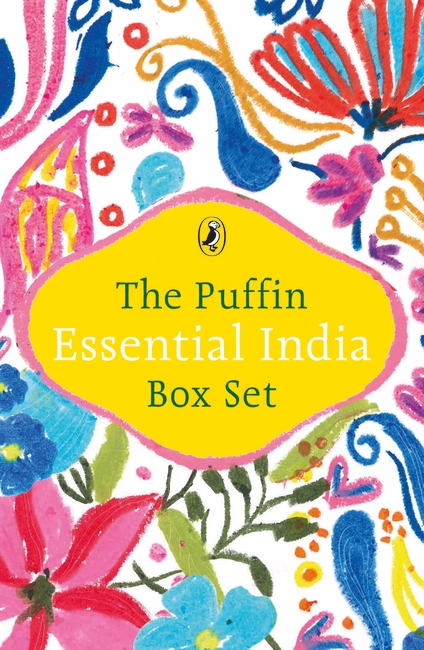
This box set contains:
My India: This book contains excerpts from Dr A.P.J. Adbul Kalam’s speeches during his post-Presidency years. Drawn from his addresses to parliaments, universities, schools and other institutions in India and abroad, they include his ideas on science, nation building, poverty, compassion and self-confidence.
The Incredible History of India’s Geography: Maps and mountains, lions and tigers, rivers and oceans-all sorts of things you didn’t know about India’s geography you’ll find here. Discover various things you never expected, like the fact that we still greet each other like the Harappans did or that people used to think India was full of one-eyed giants. Full of quirky pictures and crazy trivia, this book takes you on a fantastic journey through the incredible history of India’s geography.
The Puffin History of India, Volume 1: Trace the origin of human beings and the different aspects of their development and growth, right from the Big Bang and the origin of the universe, up to 1500 CE. Well-researched and comprehensive, this book speaks of great civilizations and empires, epics, myths and legends, religions old and new, wars and conquests, clothes, food and lifestyle, trade, travel and adventure, and much more.
Imprint: India Puffin
Published: Aug/2018
ISBN: 9780143445807
Length : 904 Pages
MRP : ₹599.00
With the Union Budget under discussion, it is a good time to visit some essential reads that examine the socioeconomic landscape of the country. Here is a list of critical reads to keep things in perspective this Budget season: Economics without Tears by Ashok Sanjay Guha If you are a layman wondering what […]
